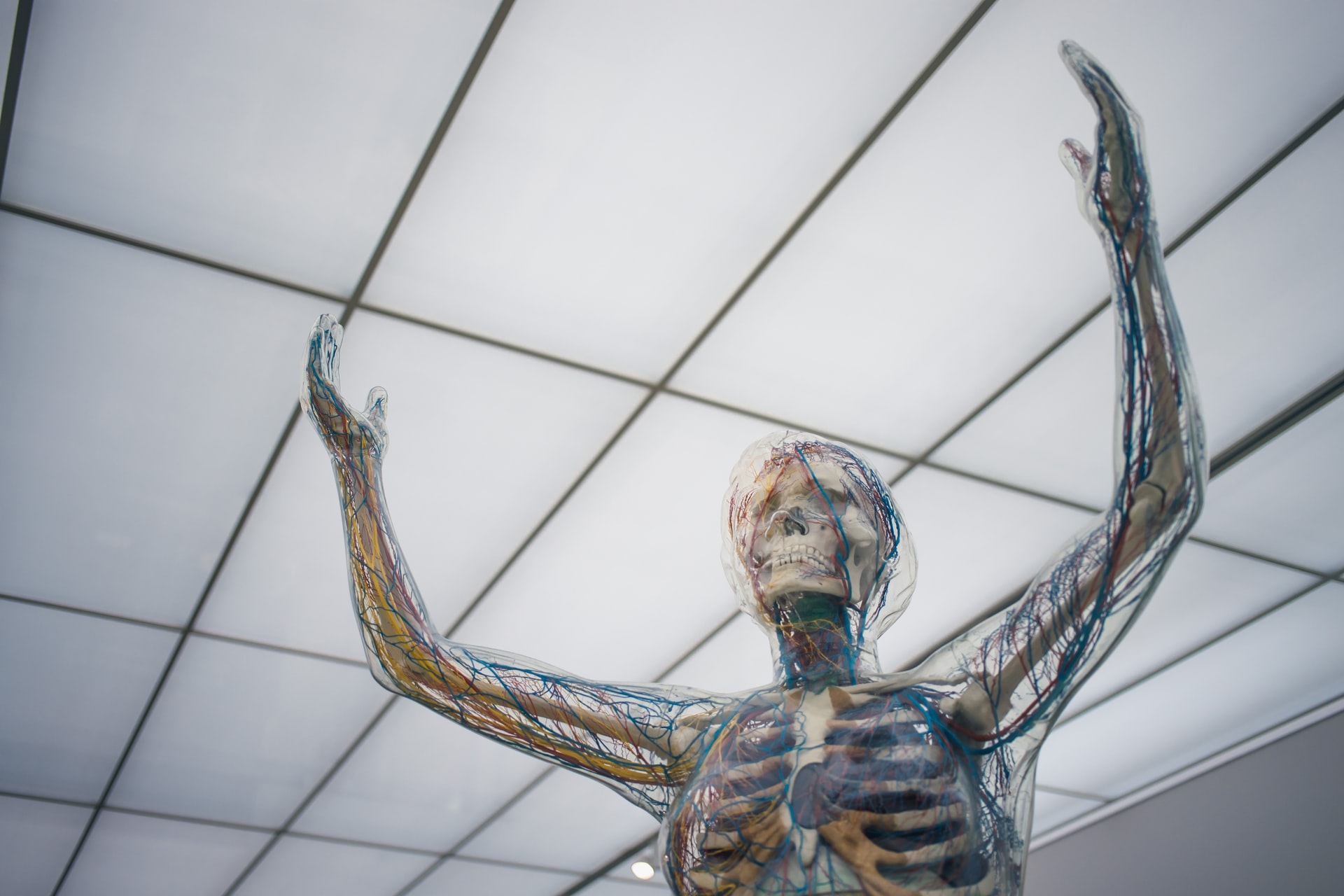What Is A Neurological Disorder?
According to the medical definition, neurological disorders affect the brain as well as the nerves throughout the body and the spinal cord. A range of symptoms can result from structural, biochemical, or electrical abnormalities in the brain, spinal cord, or other nerves.
There are a wide variety of disorders caused by the nervous system, including epilepsy, learning disabilities, neuromuscular disorders, autism, ADD, and cerebral palsy, just to name a few. Neurological disorders can develop before birth. Such disorders are congenital disorders. Other conditions are caused by tumors, degeneration, trauma, infections, and structural defects. Whatever the cause, neurological disabilities are caused by damage to the nervous system. Communication, vision, hearing, movement, and cognition are affected to varying degrees, depending on where the damage occurs.
Neurological Disorders In Adults
Old age often comes with a bundle of health issues. A lot of these issues are usually neurological disorders. The common neurological disorders in the elderly are headaches, stroke, seizures, Parkinson’s disease, and dementia.
Headaches
The most common neurological disorder is headache, which can affect people of any age. While a headache often isn’t anything to be concerned about, it may indicate an underlying issue if it happens suddenly or repeatedly.
Dr. Chrisman says the sudden onset of severe headaches, as well as headaches associated with fever, light sensitivity, and stiff neck, might indicate something more serious such as meningitis or intracranial bleeding. In addition, if your headaches occur frequently and you are taking over-the-counter pain medication frequently, you should also seek medical attention.
Even though headache disorders like migraines and tension headaches aren’t life-threatening, living with chronic pain can be incredibly debilitating. Many treatment options are available today for headache disorders that can help you get back to living a normal life. You still need to make sure to consult the best neurologist or general physician.
Seizures and Epilepsy
Epilepsy is one of the most prevalent neurological or brain disorder which is characterized by abnormal electrical activity in the brain, making you more prone to recurrent and unprovoked seizures. Here unprovoked means the seizure cannot be explained by drug or alcohol exposure or withdrawal, as well as not being caused by other medical issues such as severe electrolyte abnormalities or very high blood sugar.
The tricky part is that having one seizure in your life does not necessarily indicate that you have epilepsy. However, if you have two or more, you may have epilepsy. Seizure symptoms can vary depending on where the seizure is occurring in the brain. It is essential to see your doctor if you have a seizure. Many effective treatments for epilepsy can result in seizure freedom, most of which are medications. “In some patients, epilepsy surgery, which involves removing the seizure focus in the brain, can be curative.
Dementia And Alzheimer’s Disease
Memory loss is a common complaint, particularly among the elderly. Memory loss is a natural part of the aging process. Walking into a room and forgetting why, for example, is completely normal.
However, some symptoms could point to something more serious, like dementia or Alzheimer’s disease. These symptoms may include getting lost, having difficulty managing finances, having difficulty with daily activities, like leaving the stove on, or forgetting the names of close family and friends, or having language problems. Behavioral changes, in addition to memory changes, may cause concern. It’s important to know the symptoms and tendencies of Alzheimer’s disease so that you can detect them early and seek new Alzheimer’s treatment immediately. With early detection and prompt treatment, it is possible to slow down or stop the progression of Alzheimer’s.
Parkinson’s disease
Parkinson’s disease is a neurodegenerative disorder that basically affects coordination. Nearly one million Americans have been diagnosed with it—the risk increases as you age. There is currently no cure for Parkinson’s disease, but there are numerous treatment options.
Parkinson’s disease symptoms typically worsen over time. In the disease, you may notice changes in posture, walking, and facial expressions early on, and cognitive and behavioral problems may develop later.
ALS: Amyotrophic Lateral Sclerosis
Lou Gehrig’s disease, also known as ALS, is a neuromuscular condition that affects the nerve cells in the brain and spinal cord. Genetic and environmental factors are thought to play a role in ALS, but there is no definitive cause.
Common symptoms are muscle weakness and twitching, tight and stiff muscles, slurred speech, and difficulty breathing and swallowing. Sadly, this condition can be difficult to diagnose and often requires the evaluation of a neuromuscular neurologist.
Typically it takes about a year for the patient to notice symptoms and reach out to a neurologist. Although there is no ultimate cure for ALS, and early diagnosis and treatment to combat symptoms can lessen the severity of the disease.
In Conclusion
Neurological disorders, even in the old age, can be life-altering. It is best to follow all the preventive measures if you’re at risk of any neurological disorder. If you have been diagnosed with any Neurological disorder or fear having one, you should consult the top neurologist.















